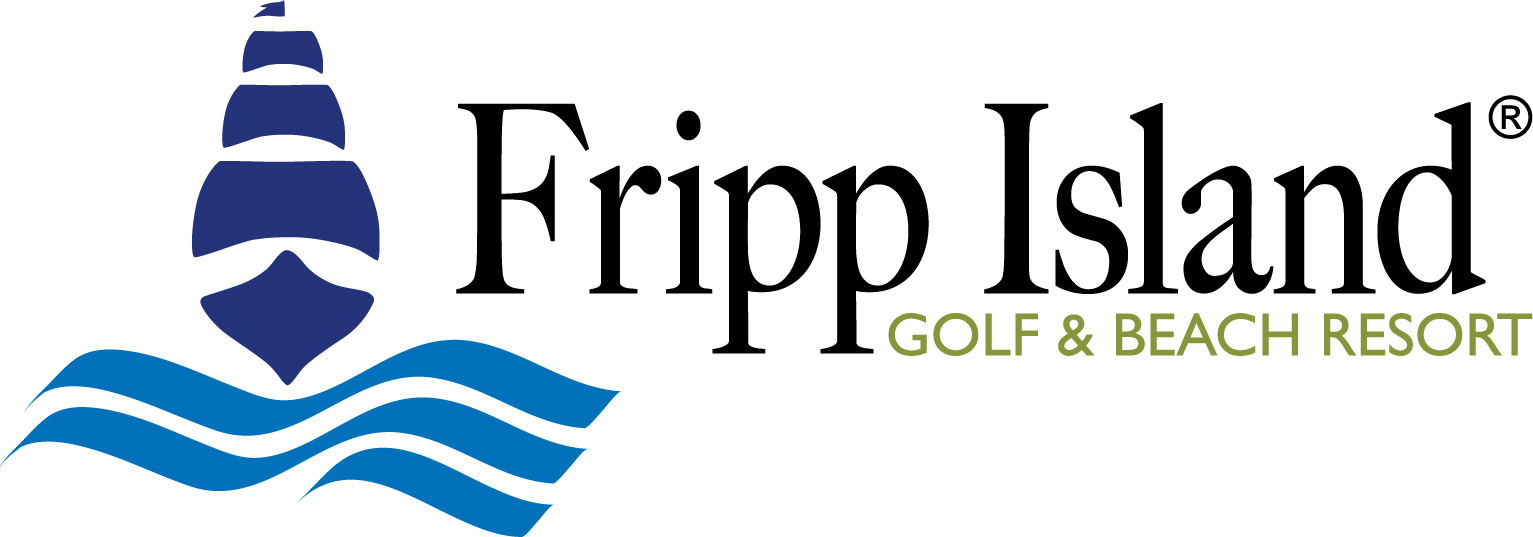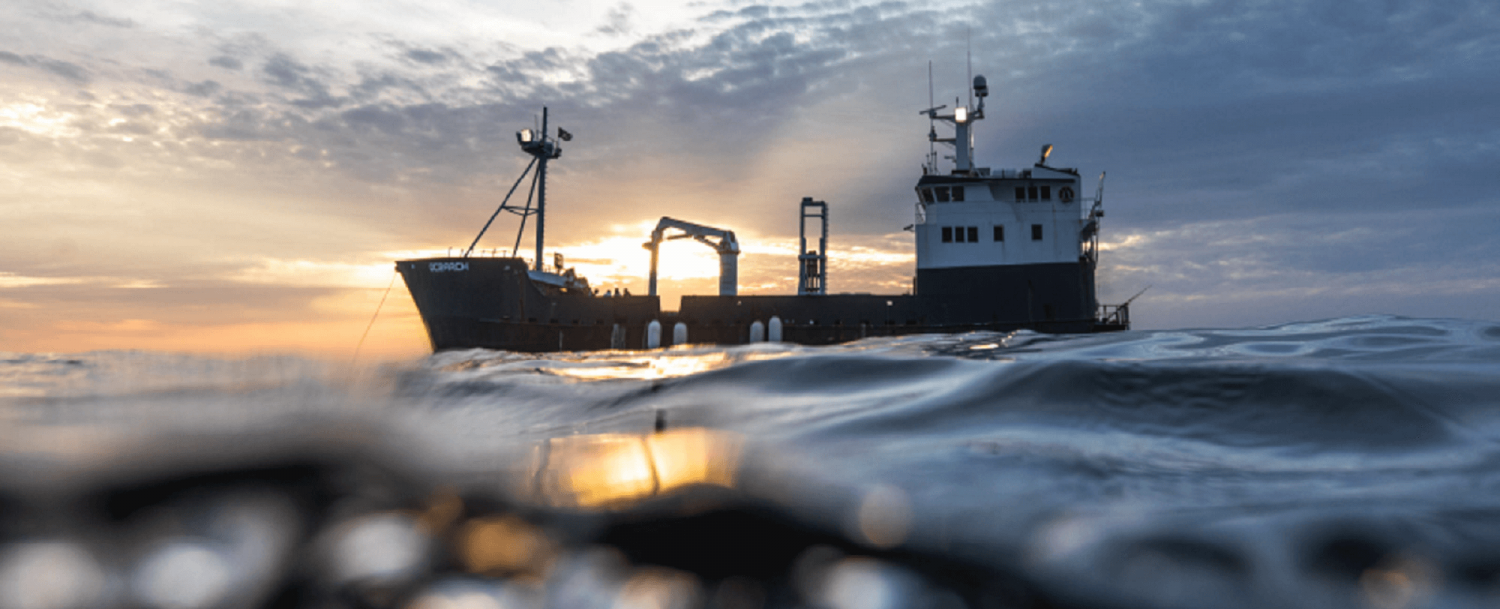Fripp Island Interns Enjoy OCEARCH Education Opportunities
On February 13th our Naturalist team took a day trip Savannah to tour the Ocearch research vessel. Ocearch is a non-profit organization built to help scientists gather data about sharks. With their creation in 2007, Ocearch has tagged 416 individual animals on 34 separate research cruises. The data they have collected is helping scientists better understand sharks with topics including movement patterns, habitat use, reproductive style, and dietary needs.
The most recent expedition, NASFA 2020, concluded on February 11th in Savannah where our naturalist team met up with the crew. While there, our naturalists were able to go on an in-depth tour of the research vessel. There tour including gear storage, the science lab, the one of a kind shark lift, and the helm. The programs coordinator of Ocearch showed them SPOT tags along with gear that is used to bring sharks onto the ship for tagging and research. Our naturalist team hopes to use some of the information and skills they learned to improve our new Shark Tagging Research project!
Here’s what they Learned:
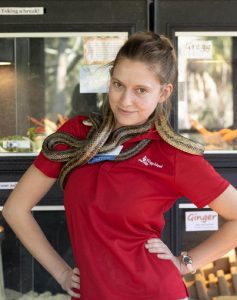
Krista Schmidt is from San Diego, California. She graduated from the University of California of Davis with a degree in Wildlife and Fisheries in June of 2019. Krista hopes to hit every realm of wildlife that she can with her internship at Fripp.
What Krista learned at Ocearch:
- Yellow-bellied sapsuckers leave indentations in rings around trees when they are searching for food, which is distinct from woodpeckers. This will help me when giving bird programs at the AC.
- Acoustic shark tags on the dorsal fin only ping when they are out of the water and dry. It takes about 90 seconds above the water for it to dry enough. This was cool information that helped me better understand shark research.
- By testing fecal samples, shark researchers can determine what sharks are eating. Samples can vary from different locations and what they’ve gathered recently has been in the southern Atlantic. I did not know that this was a gap of knowledge, and am interested in the results.
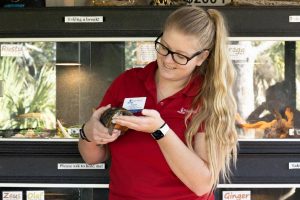
Kristina Flanigan is from Cincinnati, Ohio. She is graduating this May from Bowling Green State University with a degree in Marine Biology and Environmental Science. Kristina has been to Fripp one time before and had recognized the name while researching internships. She knew that she would enjoy her time here and also appreciated that the internship offers a research component that will help her get into graduate school.
What Kristina Learned at Ocearch:
- The top thing I learned is that you do not have to have a master’s degree to work for Ocearch. This is beneficial to me because ultimately I would like to work for a company like Ocearch, or even Ocearch itself. It’s good that I now have a better understanding of their requirements and preferences for their employees.
- I also learned that there were 19 separate projects being conducted on board the NASFA 2020 Expedition. I had previously thought that there were only 8-10 projects being conducted on each expedition. Christina, one of the biologists aboard Ocearch, said that many of the projects did not have a representative on board. Instead, they sent their animal protocols so that the staff could carry out the data collection.
- There are places in northern Georgia that are capable of supporting a natural Gopher Tortoise Population. This is important for our work because often times people want to know if there is a tortoise population on Fripp. Now I can tell them where the closest one is!
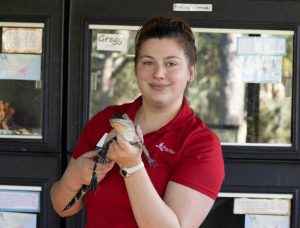
Kaylee Lyon is from Goldsboro, North Carolina. She attended the Unity College of Maine and graduated this past December, majoring in biology with a minor in ecology. Kaylee is searching for the path that she wants to take with biology. She chose Fripp because of the different opportunities we have to offer!
What Kaylee learned at Ocearch:
- I liked learning about all the tests they preform on the sharks. It’s also interesting to know how many different groups are involved at one time. It made me want to see more of their lab equipment and know more about the testing, especially the blood and sperm samples.
- Some people lived on the ship for 11 months out of the year. Working in such a fast, multi person, and multi step research team would be an awesome experience.
- It was cool to find out how a whisky company sponsored them to age their product at sea. Ocearch requires a lot of funding and they have so many different sponsors to help them fund their research.
